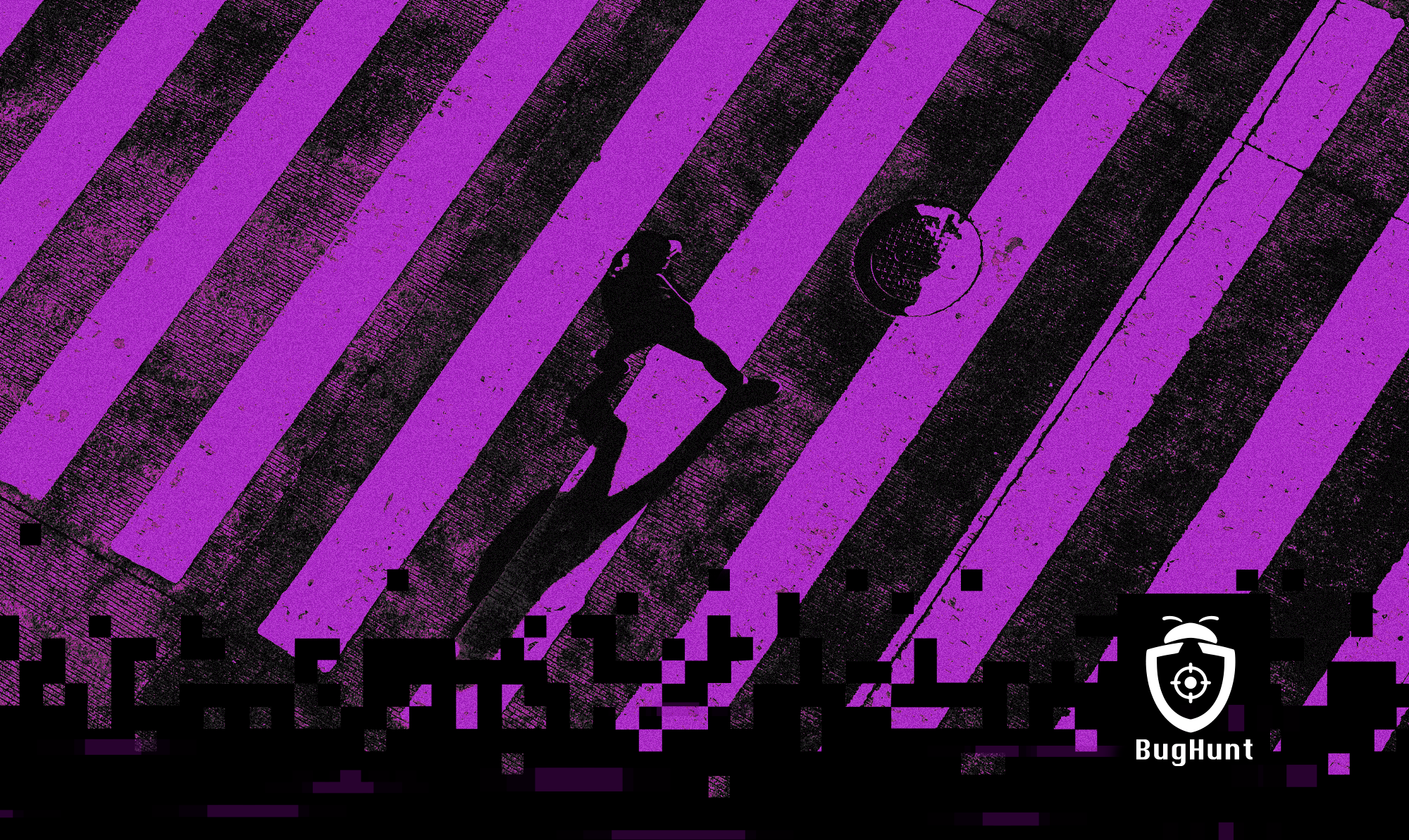Ethical Hacking: What Is It and How to Get Involved?

One of the major questions in cybersecurity is: how can you defend against cybercrimes without thinking like a real hacker? This concept led to the development of ethical hacking.
When people who are not deeply immersed in the digital world think of hackers, characters like Elliot from Mr. Robot or sidekicks from action movies come to mind, with elaborate schemes to breach systems.
These are the "good guys," but these associations are not always positive. The term "hacker" has often become synonymous with cybercriminals and those involved in sharing confidential data.
The current scenario doesn't help much in understanding who a hacker really is. The rise of remote work due to the pandemic has led more companies to adopt cloud and online services, significantly increasing cyberattacks worldwide.
According to the study “The Hidden Costs of Cybercrime,” published by the Center for Strategic and International Studies, the financial loss from cybercrime in 2020 is estimated at $945 billion.
In this context, ethical hacking plays a crucial role in preventing cybersecurity failures, such as data leaks and access to confidential information, which can cause significant damage to companies.
Thus, ethical hacking is a valuable tool for business partners, aimed at improving the security of their partner's enterprise.
What Is Ethical Hacking?
Although hacking work is often associated with cybercriminals, the term ethical hacking has been used since the 1990s by IBM executives.
Ethical hacking is performed by a cybersecurity professional known as an ethical hacker, who searches for security flaws in systems, platforms, websites, applications, and others through controlled testing of systems and servers.
That's right! The ethical hacker "breaks into" their partner's server to find flaws in products or services that could pose a threat to the company before someone with malicious intent finds them.
It’s important to highlight that these cybersecurity flaws can cause significant damage to an enterprise. The consequences may include data breaches, ransomware attacks, theft of information and money, service disruptions, and many other issues that also affect the company’s image and reputation.
Therefore, ethical hacking aims to prevent systems from cybercriminal attacks.
And this distinction is crucial even in qualifications. For ethical hacking services, it is valuable for professionals to present their reputation and certifications that prove their knowledge in the field, making the service even more professional.
Services Provided by Ethical Hackers
As explained above, ethical hackers can assist companies in various ways, mainly as a preventive measure against attacks and system breaches. These services include:
- Identifying System VulnerabilitiesEthical hacking helps companies determine the best cybersecurity measures and identify which of these measures need updates or still have vulnerabilities that could be exploited by cybercriminals. These vulnerabilities might include insecure applications, lack of password encryption, systems with unpatched software, among other issues. By identifying these issues, the ethical hacker reports the problems to the company’s leaders, helping them make more informed decisions on how to improve security.
- Preparation for Possible CyberattacksCyberattacks can disrupt a company’s services and damage its brand reputation. The reality is that many companies, especially smaller ones, are not prepared for cybercriminal attacks. That’s why partnering with ethical hackers is valuable. These professionals understand how criminals operate and help the company prepare for possible future attacks.
- Demonstrating Methods Used in CyberattacksDemonstrations of cyberattack methods help companies understand in detail the risks of maintaining systems with potential flaws. Understanding these methods allows for more effective prevention of cybercriminal activities.
How to Become an Ethical Hacker?
The role of an ethical hacker is increasingly valued in the market due to the need for companies to protect themselves in the digital environment. Thus, being an ethical hacker offers various professional opportunities.
However, becoming an ethical hacker is not an easy task. It requires dedication and extensive study, especially because systems, applications, and websites are constantly evolving.
One of the main tips for becoming an ethical hacker is investing in education in the field. Various courses, certifications, and qualifications are available for those seeking to work in this area. Relevant IT security certifications are also a good option. Among the most recommended are:
- Certified Ethical Hacker (CEH) - EC-Council
- SANS GPEN - SysAdmin, Networking, and Security
- Certified Information Systems Auditor (CISA) - ISACA
- Offensive Security Certified Professional (OSCP)
- GIAC Security Essentials (GSEC) - Global Information Assurance Certification
The role of the ethical hacker is to identify vulnerabilities and risks and help in their correction. Therefore, understanding what cybercriminals do, how they execute attacks, and enhancing knowledge to match or surpass these invaders is key to developing in this sector.
Bug Bounty: Reward Program
Another interesting way to work with ethical hacking is by joining a Bug Bounty program. This type of program is offered to companies looking to enhance their cybersecurity.
In a Bug Bounty program, ethical hackers, known as bug hunters, are responsible for performing various tests to find vulnerabilities to cyberattacks. The job as a "bug bounty hunter" provides more experience in ethical hacking as real bugs are sought and identified in the systems of established companies, thereby increasing your knowledge base in the field.
Interested in working with Bug Bounty? Discover BugHunt: Brazil’s first collaborative bug bounty platform!
BugHunt allows you to register for free and start searching for and reporting bugs detected in partner systems. Join the best bug hunters in Brazil to protect company environments and make the internet safer.
Click here to become an ethical hacker with BugHunt!

